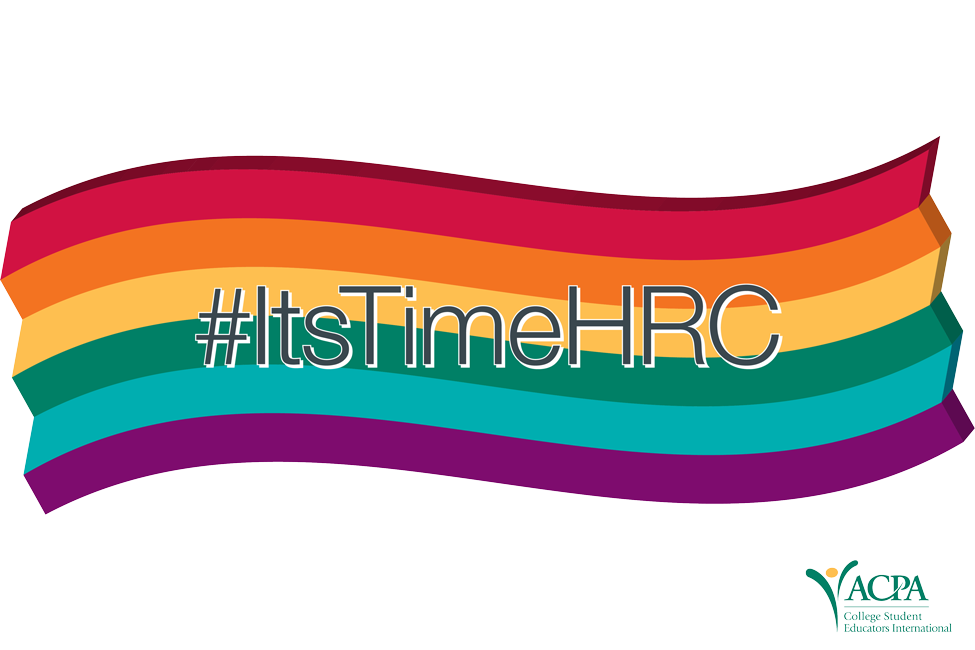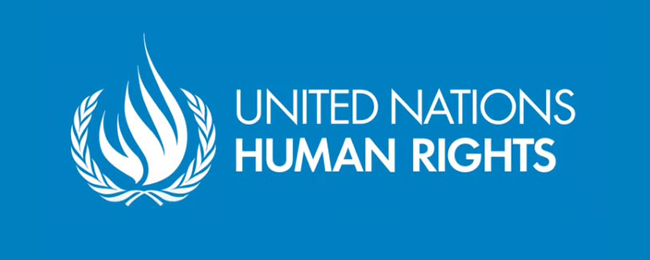Dr. Cindi Love, Executive Director

In 2010, I joined with colleagues from around the world at the United Nations to create a resolution about the decriminalization of LGBT lives. At that time, many policymakers had not yet adopted the statement or understanding that LGBT rights are human rights. It is good to see continued work by many international activists and advocacy groups to achieve our dream of equal rights for all human beings. We're proud to sign onto the Joint NGO Statement and join ILGA today in this effort.
The statement is due to be read on Tuesday, June 24. You can follow the debates in the Council by using the hashtag #HRC26 (and remember to tweet about LGBTI issues using #ItsTimeHRC).
Joint NGO statement 26th session of the Human Rights Council, June 2014
Thank you Mr. President,
I make this statement on behalf of ACPA—College Student Educators International.
Three years ago, this Council adopted its first resolution on sexual orientation, gender identity and human rights. Around the world however, members of our communities still face violence and discrimination because of our sexual orientation, gender identity and expression, or intersex status.
For many, these issues are inextricably linked to broader issues of gender equality, autonomy over our bodies and lives, sexual and reproductive health and rights, as well as multiple and intersecting forms of discrimination on the basis of factors such as class, poverty, occupation as sex workers, religion, race, HIV status and disability.
In too many countries, we face severe human right violations - we are criminalized including under colonial-era laws, we face the death penalty, we are murdered, lesbians are subject to rape and forced marriage; intersex people face genetic de-selection, infanticide, coerced sterilization and genital mutilation; transgender persons are demeaned and beaten, subjected to pathologisation and sterilization, their identities often unrecognized by States.
We are denied health care or needed treatment; we routinely face discrimination in work, housing and education. In many countries, our work as human rights defenders is opposed, obstructed or banned. Our rights to peacefully gather are often denied, while attempts are made to silence our voices.
There are also positive developments in all regions of the world. We welcome, for example, the recent adoption by the African Commission on Human and Peoples’ Rights of a historic resolution on the “Protection Against Violence and other Human Rights Violations Against Persons on the Basis of their Real or Imputed Sexual Orientation or Gender Identity” and the adoption by the Organization of American States just this month of its resolution on “Human Rights, Sexual Orientation, and Gender Identity and Expression”.
The Human Rights Council must also play its part. These violations are systemic, and require systemic responses. The Council must adopt a resolution to ensure regular reporting, constructive dialogue and sustained, systematic attention to the breadth of human rights violations on these grounds.
As UN Secretary-General Ban Ki-moon stated to the Council at its March 2012 panel: “The Time has Come”.
Respectfully,
Cynthia H. Love, Ed.D.

